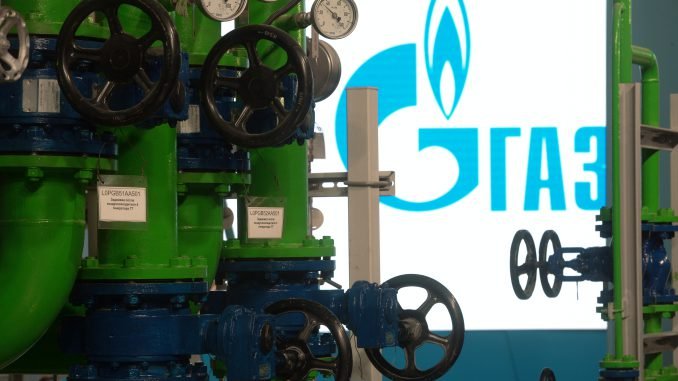
The minister was commenting on foreign analysts’ opinion that the Commission’s position changed after Gazprom last summer won its arbitration dispute with Lithuania.
In Masiulis’ words, it would be wrong to say that the Stockholm arbitration case may prompt the Commission to make a decision favorable to the Russian supplier.
“It would be incorrect to soften the position toward Gazprom based on Lithuania’s case against Gazprom, thinking that this case was unsuccessful, for two reasons: first, this decision has been contested in a Stockholm court and it remains to be seen if it was correct, and second, in our opinion, the arbitrators simply did not assess a part of important aspects in the case. If these aspects had been assessed, the outcome of the case would have been different,” the minister told BNS.
“I want to say it clearly that Lithuania’s case cannot be cannot be referred to to solve other issues,” he added.
According to the minister, the Stockholm court has already started examining Lithuania’s appeal against the arbitration tribunal’s ruling.
“It should be examined within 12 to 18 months,” he said.
The Financial Times has reported recently that the European Commission is nearing a draft settlement with Gazprom to end its five-year antitrust probe, a move that may anger eastern European countries as the Russian gas giant may sidestep a fine.
The newspaper quoted Jonathan Stern of the Oxford Institute for Energy Studies as saying that the key shift in the Commission’s position came in June when Gazprom won the case with Lithuania. He said that “the tribunal was unable to interpret what was meant by the term ‘fair prices’ in the long-term contract”.
Following a four-year legal battle, the arbitration court did not award 1.4 billion euros in compensation sought by Lithuania for overpriced Russian natural gas, but it admitted that Gazprom had a conflict of interest in acting as both a shareholder of Lietuvos Dujos (Lithuanian Gas) and a supplier of gas to the country.
According to the Energy Ministry, “due to the complex evidentiary process and the abundance of data”, the tribunal stopped short of naming the extent of damage caused to Lithuania.

Be the first to comment